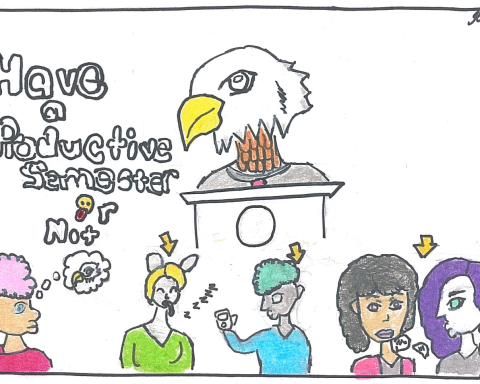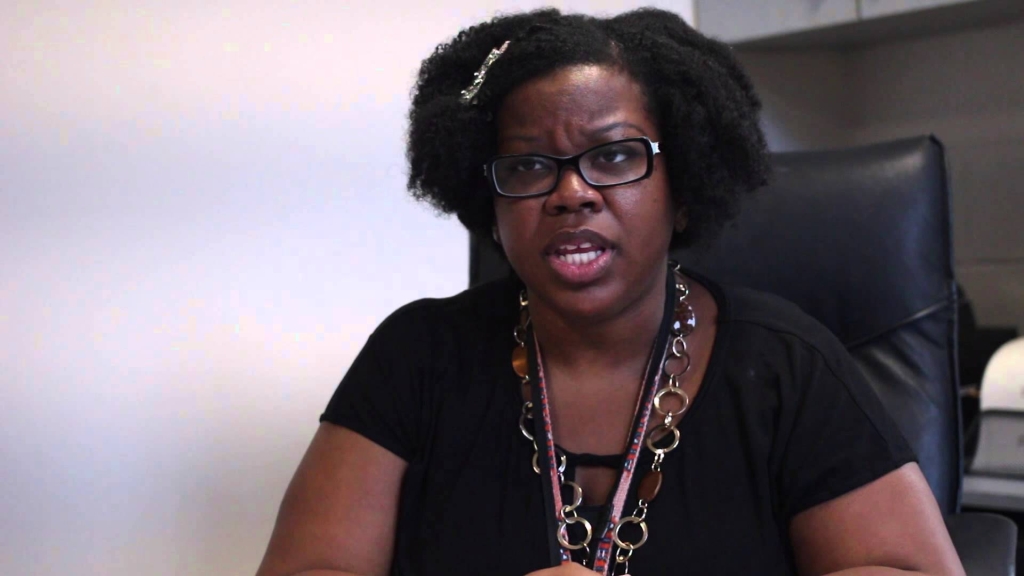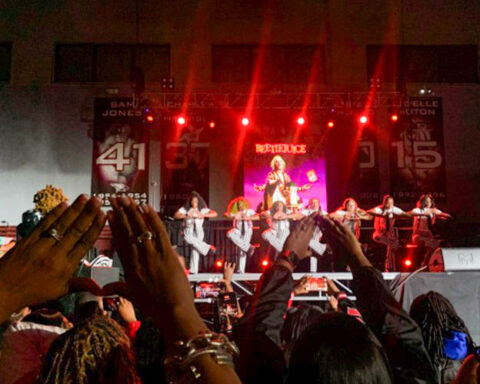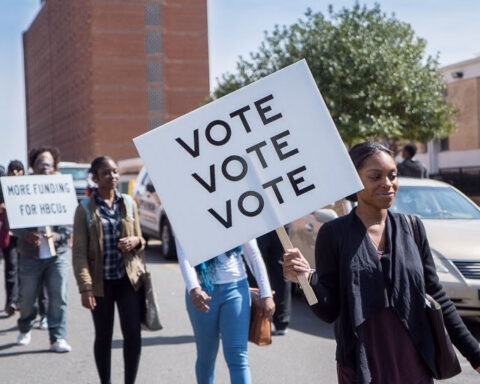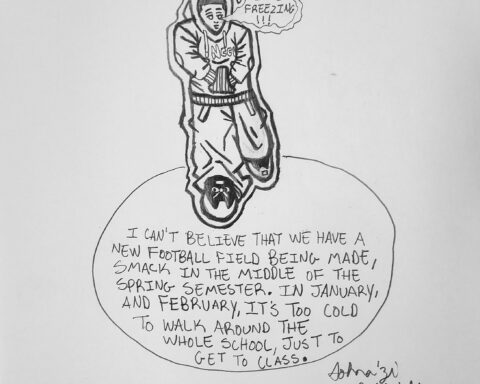In October, on the talk show “The View,” the co-host Raven Symone announced to the world that she would not hire someone with a “ghetto” name.
“I am very discriminatory against words like the ones that they were saying in those names,” Raven said, referring to a viral video, “Top Ten List of Ghetto Names.”
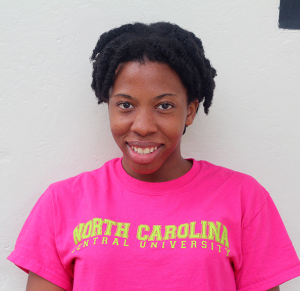
“I’m not about to hire you if your name is ‘Watermelondrea.’
“It’s just not gonna happen, I’m not gonna hire you.”
Symone is not the only one who thinks that way.
Studies have shown that employers are less likely to call a person back for an interview if his or her name sounds stereotypically black.
Specifically, applicants with white names got a call-back once per ten resumes, while black, “ghetto” names got a call-back once per fifteen resumes.
Name discrimination is nothing new.
It is no secret that names carry connotations that can determine whether you get a call-back.
Admit it or not, names like “LaQuisha” and DeShawn” are perceived differently than names like “Heather” and “Ryan.”
For example, name discrimination logic determines that “LaQuisha” sounds like a black woman and “Heather” sounds like a white woman.
The study also determined that Heather is more “responsible” than LaQuisha because, after all, who wants a “ratchet neck-rolling angry black woman” working in their business, scaring away all the customers?
The scariest part of name discrimination is that “ghetto” names are only tied to blacks.
Before the 1970s, black children had names indistinguishable from whites, like Thomas and Mary.
But in the 1970s, an enormous sociocultural shift occurred.
The shift highlighted individuality within the black culture, brought along by the Black Power movement supporting black identity.
Those who lived in segregated black neighborhoods were more likely to give their children unique first names that included punctuation in their spelling.
Those names were given to resist uniformity, to combat European influence, and to establish an image for blacks that was separate from the white-biased framework.
And many people are fine with the fact that their names aren’t “proper.”Either way, it’s wrong for someone to judge you based on your name.
Your name doesn’t determine your character or your manners. Your integrity and values determine your character.
The name Elizabeth does not make you a queen. Obviously, no one can choose his or her names.
Sure, you can change your name when you are at legal age. But why should you have to?
Why should you have to change a part of your identity to please someone?
There are hard-working people with names that are considered “ghetto,” and free-loaders with names we consider “proper.”
Despite the connotation their name carries, every person should be given an equal chance to prove they are wonderful people.
After all, how would you like it if someone discriminated against you based on what color socks you wore?
Discriminating against someone because of their name is just as stupid.
Name discrimination started when blacks decided to resist conformity with whites.
Thus, it is imperative that we reject name discrimination.
If we don’t, we are accepting a system designed to discriminate against us.
We cannot accept discrimination based on someone’s name.
We must resist it when other do it.
A name is one’s identity, alongside one’s race, religion and sexuality.
Accept it, claim it, and love it.
It’s who you are.
Reject name discrimination.




